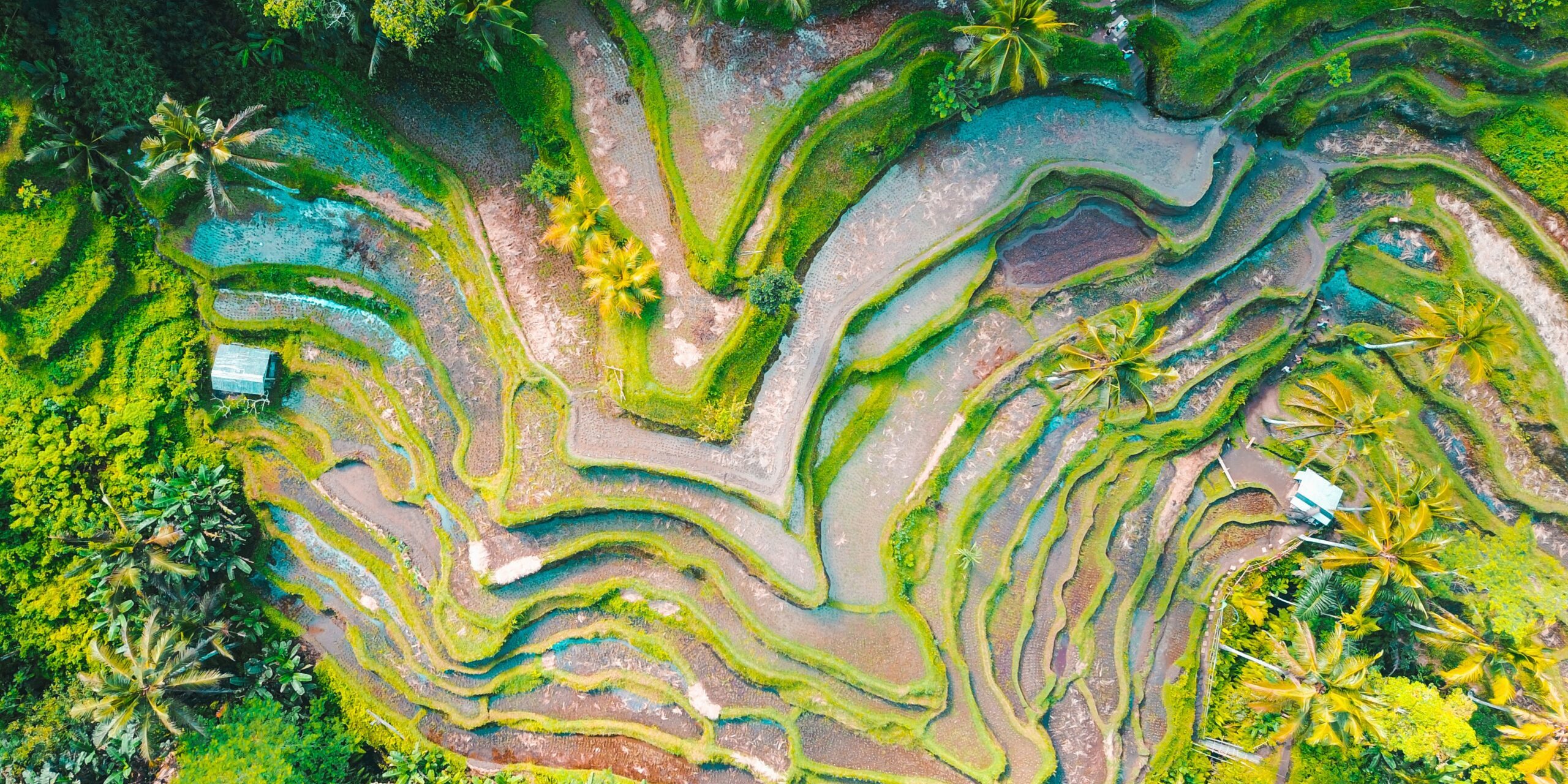Mapping Australia’s Indonesia Research Capability
KONEKSI commissioned ACOLA, who, in partnership with their member Academy, the Australian Academy of the Humanities, provided a status update on Australia’s existing knowledge and capability with Indonesia.
The report, focusing on Australian data and perspectives, outlines the current state of Australia-Indonesia bilateral research partnerships, highlights where existing strengths can be found and explores current opportunities and barriers for collaboration, emphasising a shared approach to addressing mutual challenges.
The report aims to map and inform understanding of Australia‑Indonesia research collaborations and identifies preliminary insights on the work needed to engage productively with Indonesia on research, first through a bibliometric analysis of publication outputs, followed by consultations and interviews. It takes a deeper dive into three areas of collaborative strength and/or potential – society and culture, health and medicine, and energy.
The findings illustrate the complexity of building bilateral international research collaboration. Improved understanding of the Australia-Indonesia partnership, as provided through the report’s analysis, can help guide decision making processes and maximise the benefits for both partners.
Key messages:
- There has been strong recent growth. Bibliometric data shows that the research relationship between Australia and Indonesia has been strongest in the recent 5–10 years. Across 2014 to 2023, Australian-based researchers generated 6,000 publications about Indonesia across all fields of research – with this last decade representing 63% of all outputs, and 39% in the last five years. 8,500 publications were co-authored in the last ten years, of which 76% were published in that last decade, and an impressive 51% in last five years.
- Overall, Australia is Indonesia’s fourth research partner by co-authorship, behind Malaysia, Japan and the United States. Indonesia is Australia’s 36th research partner by co‑publication.\
- Globally, Australia and Indonesia are major contributors to research on Indonesia. By volume of publications, Australia ranks second in the world, behind only Indonesia. Much of this output stems from Australia’s historic commitment to supporting Indonesia’s development. Australia’s traditional research strengths in Indonesian language, society and culture have been foundational to the bilateral relationship, building capability on both sides in understanding local contexts and needs. However, we heard that as the study of Indonesian language and culture have declined in Australia in recent years, this has had flow-on effects to the efficacy of research collaboration.
- Australia performs strongly in collaborative research, ranking fifth globally as one of Indonesia’s top partners. Further, between 2014 and 2023, more than half (55.26%) of Australia’s work ‘about’ Indonesia was produced working with an Indonesia-affiliated researcher.
- Australia’s investment to encourage health and medical research with and about Indonesia has been long-lasting, with legacy collaborations generating a significant proportion of the overall collaborative publication output. By contrast, collaborations on energy transition research are still nascent and emerging, with new interest in forging research links. Across both research areas, there are important opportunities to develop and strengthen these collaborations in future.
- Efforts to address mutual challenges facing Australia and Indonesia through collaborative research would benefit from multidisciplinary perspectives and reducing asymmetries in the research relationship. A commitment to language, communication, and cultural competencies set the stage for cross‑disciplinary collaborations to be pursued and enhanced.
- Specific research challenges to Australia‑Indonesia work indicate that a broader approach to research collaboration, which integrates an understanding of the research systems and cultures at play in the two countries, would help realise further mutual benefits of fruitful research collaboration between the two nations.
Expert Working Group
| Emeritus Professor Louise Edwards FAHA FASSA FHKAH (Chair) | Professor Joe Lo Bianco AM FAHA |
| Professor Peta Ashworth OAM | Professor Budiman Minasny FAA |
| Professor Edward Aspinall FAHA | Professor Anushka Patel FAHMS |
| Professor Ken Baldwin FTSE | Emeritus Professor Kathryn Robinson FASSA |
| Professor Vedi Hadiz AM FASSA | |
Project and Research
| Ryan Winn | Dr Jon Lane |
| Dr Tina Parolin | Dr Kylie Brass |
| Dr Ella Relf | |
Acknowledgement
We also acknowledge the important contributions from external experts who have assisted with this project.
Project Funding and Support
A report prepared by the Australian Council of Learned Academies in partnership with their member the Australian Academy of the Humanities, commissioned by KONEKSI. This program is an Australian Department of Foreign Affairs and Trade initiative.
Acknowledgement of Country
ACOLA acknowledges all Aboriginal and Torres Strait Islander Traditional Custodians of Country and recognises their continuing connection to land, sea, culture and community. We pay our respect to Elders both past and present.
We acknowledge the Ngunnawal people on which ACOLA’s office in Canberra is based, and the lands of the Gadigal (Sydney), Whadjuk (Perth), Turrbal (Brisbane) and Wurundjeri (Melbourne) Peoples where ACOLA staff for this project were based







